What is ADHD?
ADHD, or Attention Deficit Hyperactivity Disorder, is a neurodevelopmental disorder characterized by persistent patterns of inattention, impulsivity, and hyperactivity that impair functioning or development. People with ADHD have symptoms such as difficulty maintaining attention on tasks, organizing, following instructions, or sitting still for extended periods. Where the exact cause of ADHD is unknown, research shows that certain genetic and environmental factors play a role.
Apogee Behavioral Medicine diagnoses and treats ADHD as a complex condition and uses tools to diagnose ADHD such as a Creyos assessment. The Creyos Health assessment measures brain health and cognition on a tablet or phone by asking a series of questions and takes roughly 20 minutes. The tasks measure memory, deductive reasoning, planning, attention, reasoning, and more. Providers assess results and use the results to design a treatment plan. Our treatment plans may include medication management, behavioral therapy, or lifestyle modification. Neurodevelopmental disorders like ADHD and related disorders are increasingly manageable with the proper interventions and team trained in the latest medical and behavioral interventions.
“ADHD people are very creative by nature: Albert Einstein, Thomas Edison, Simone Biles, Emma Watson. If the ADHD wanderings keep us from achieving what we are capable of, we can reign it in while still keeping that spark of creativity and thinking outside the box.” – Jessica Edwards, MD
“Therapeutic or psychiatric interventions for ADHD help individuals manage the symptoms. The impact of the inability to concentrate extends beyond tasks like studying, it presents significant challenges with everyday tasks and managing impulses may be pronounced. Apogee Behavioral Medicine offers various diagnostic modalities such as a Creyos neuropsychological assessment to assist in the diagnosis of ADHD and ultimately design an individualized treatment plan. Treatments may include cognitive-behavioral therapy, psychoeducation, or medication management. Therapists and psychiatrists record progress and educate patients while adjusting treatment plans. It is also important that your treatment providers provide support, non-judgment, and guidance.” -Mariah Echevarria, Psychiatric Physician Assistant at Apogee Behavioral Medicine
Why See a Psychiatrist or Therapist to Treat ADHD
Therapeutic or psychiatric interventions for ADHD help individuals manage the symptoms. The impact of the inability to concentrate extends beyond tasks like studying, it presents significant challenges with everyday tasks and managing impulses may be pronounced. Apogee Behavioral Medicine offers various diagnostic modalities such as a Creyos neuropsychological assessment to assist in the diagnosis of ADHD and ultimately design an individualized treatment plan. Treatments may include cognitive-behavioral therapy, psychoeducation, or medication management. Therapists and psychiatrists record progress and educate patients while adjusting treatment plans. It is also important that your treatment providers provide support, non-judgment, and guidance.
Our providers all practice using standardized, evidence-based treatments to meet all your wellness needs.
Our staff is well-equipped to support you along all aspects of your care.
We put you in the driver’s seat by offering ease of access to your team
ADHD diagnosis
Diagnosing ADHD, both in children and adults, requires an assessment based on very specific criteria. Children must present with at least six symptoms of inattentiveness or hyperactivity and impulsiveness, lasting more than six months, before the age of 12. For the diagnosis to be ADHD, symptoms must be present in a number of settings and impact functioning in social and academic settings to rule out other causes. ADHD diagnosis in adults is more difficult to diagnose because ADHD is not acquired in adulthood, it is a persisting childhood condition. Adults naturally have more difficulty recalling childhood symptoms and providers work with adults to talk through early memories to help make these associations for a diagnosis. Typically, they have the same five of the symptoms of children, who experience greater impairments, due to greater responsibilities, relating to work, relationships, and motor skills.
How do I know if I have ADHD?
Only a licensed provider can make an official diagnosis of ADHD in a child or adult, however, the symptoms include hyperactivity, impulsiveness, inattention, and difficulty maintaining focus. Some of these can also look like fidgeting, being forgetful, difficulty waiting in turn, excessive talking, and difficulty remaining seated. Keep in mind adult symptoms are more nuanced since many adults develop coping mechanisms since childhood, but if you believe you suffer, contact Apogee Behavioral Medicine for an assessment.

Who Is ADHD Therapy For?
Therapy for ADHD is designed for individuals of any age who experience challenges related to attention, hyperactivity, and impulsiveness. Those who are diagnosed with ADHD or who exhibit symptoms should seek a personalized treatment plan. It is important to educate yourself on the various options for treatment. When a treatment plan is designed it can address specific areas where your life is impacted by ADHD. From maintaining focus to completing tasks or managing impulses and coping with daily demands, custom-designed ADHD therapy can offer medical interventions or practical strategies to manage ADHD more effectively.
Treatment Options for ADHD
Treatment options for ADHD usually involve a combination of treatments and strategies catering to the needs of a patient and their symptoms. Medication, such as stimulants (e.g., methylphenidate, amphetamines) or non-stimulants (e.g., atomoxetine, guanfacine), can be prescribed to help manage symptoms of inattention, hyperactivity, and impulsivity. Behavioral therapy, including cognitive-behavioral therapy (CBT) and behavioral interventions, supplement medications or can be used solely and they help teach behavior modification strategies, and organizational techniques to improve attention, self-control, and social skills.
One of the lesser-known facets of treatment for ADHD is lifestyle changes. Some of these can include getting proper sleep, exercise, and diet. With so many options for improving outcomes and quality of life with ADHD, having a personalized treatment plan is essential.
Same Day Appointments Available
Apogee Behavioral Medicine offers same-day appointments and has recently offered Telepsychiatry. We are available when you need us most. It is difficult to predict when a symptom of ADHD presents itself in a novel way. We are here to demystify these feelings and symptoms and provide support and relief.

FAQs About ADHD
Some research shows that ADHD is caused by genetic and environmental factors, but it’s unknown the exact cause of ADHD.
An ADHD diagnosis does not have a cure-all treatment. The best treatment option is the one that suits your particular needs. ADHD symptoms present on a spectrum and no case is exactly alike, especially as we learn more about the complex of environmental and genetic interplay.
Licensed healthcare providers including pediatricians, primary care providers, psychologists, and psychiatrists diagnose ADHD. It is important to note that while ADHD may be diagnosed by a primary care provider or pediatrician, they may refer patients to psychologists and psychiatrists for comprehensive treatment plans. Apogee Behavioral Medicine uses the Creyos ADHD assessment for the diagnosis of ADHD. We also run medical tests to ensure you are not suffering from vitamin deficiencies or other medical issues that could impact your concentration. Beyond these medical tests, we perform cognitive tests and in-depth interviews. We believe a holistic approach is best for finding the proper treatment and having specialists who work together on your treatment plan. We stress the importance of disorders being on the spectrum, so our patients understand that no treatment plan is the same; disorders and symptoms differ.
Absolutely, however, a therapist will only be able to treat ADHD with cognitive or other behavioral therapy, for medical interventions for ADHD medication in NC, you should contact a psychiatrist.
You can modify your lifestyle by applying new routines, sleep habits, and diet to help manage symptoms of ADHD and enlist the help of a therapist for behavioral therapy. The most important piece of treating ADHD is educating yourself on options and seeking treatment if you suffer from impairments relating to inattention, hyperactivity, and impulsiveness.
Apogee Behavioral Medicine diagnoses and treats ADHD as a complex condition and uses tools to diagnose ADHD, such as a Creyos (formerly Cambridge Brain Sciences) assessment. The Creyos Health assessment measures brain health and cognition on a tablet by asking a series of questions and takes roughly 20 minutes. The tasks measure memory, deductive reasoning, planning, attention, reasoning, and more. Providers assess Creyos results or other diagnostic techniques and use the results to design a treatment plan. Our treatment plans may include medication management, behavioral therapy, or lifestyle modification. Neurodevelopmental disorders like ADHD and related disorders are increasingly manageable with the proper interventions and team trained in the latest medical and behavioral interventions.
Insurances Accepted


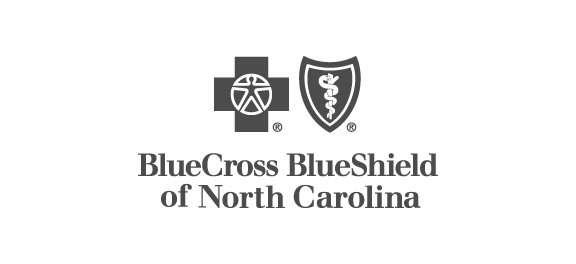
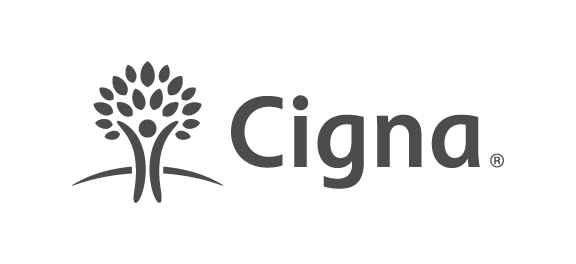


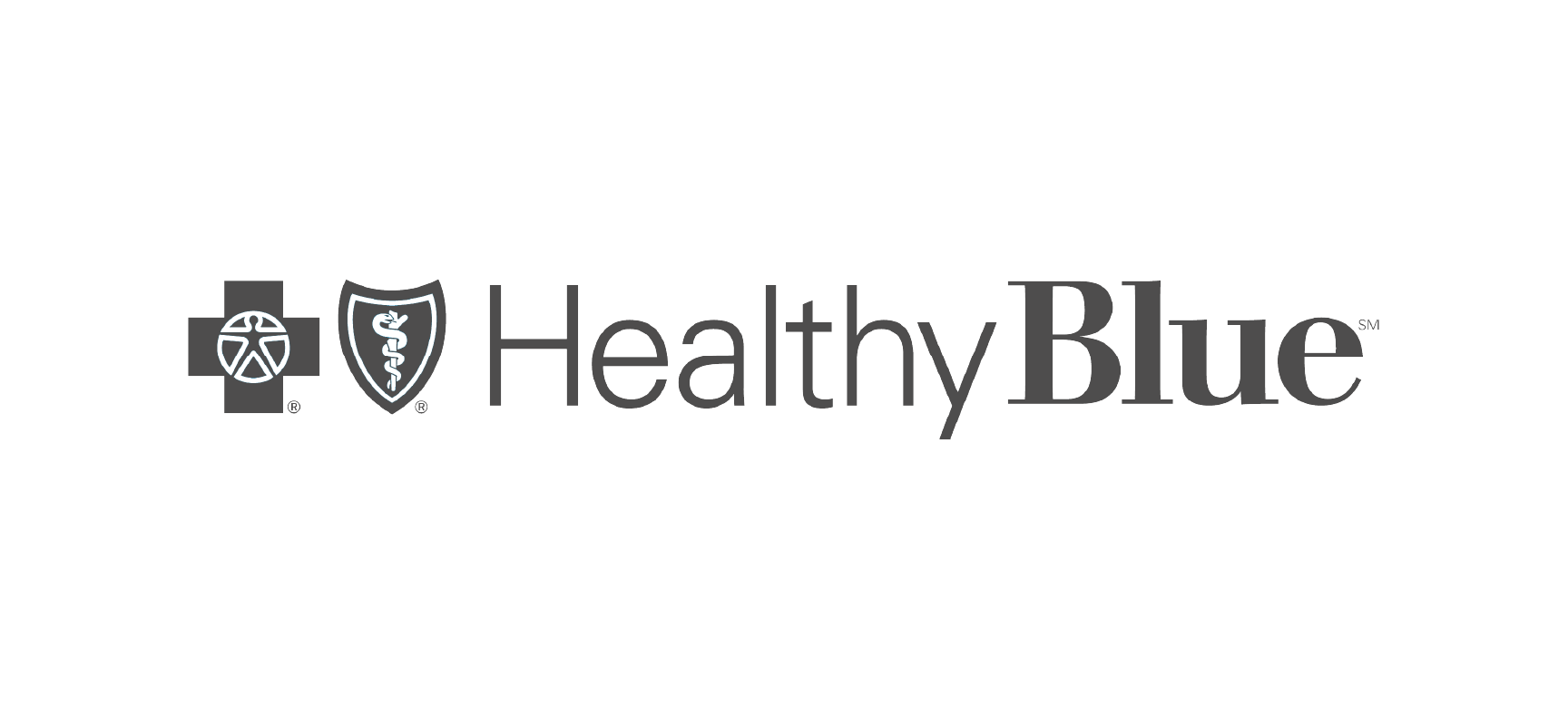

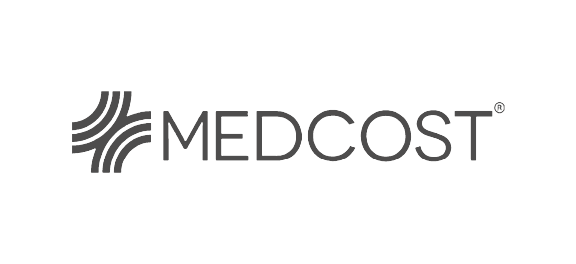
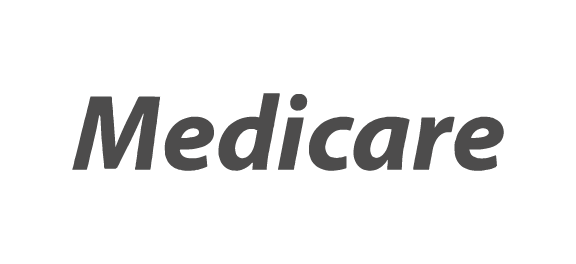
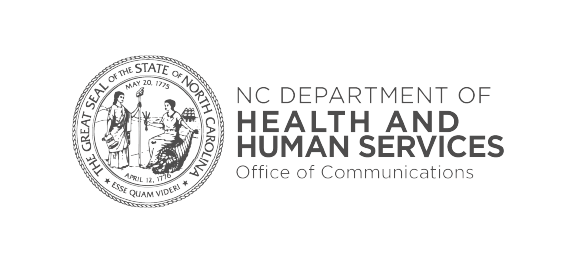

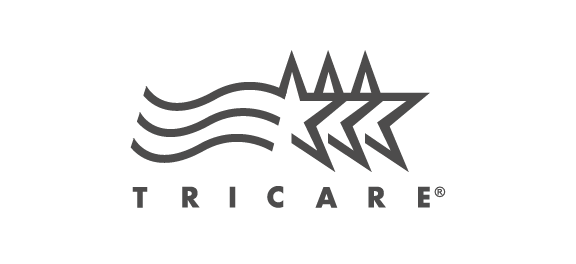



Call us at (855) 409-9002 to see if you are covered.
Insurance plans may vary by state and are subject to change.
